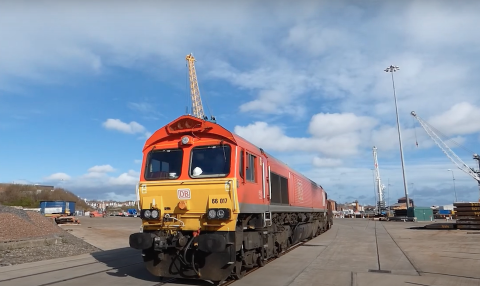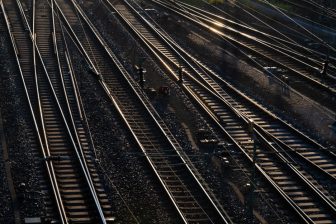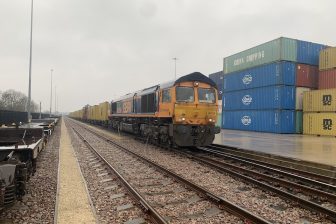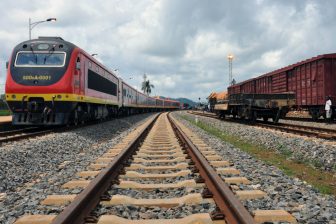
Steel to Sunderland vindicates port rail renaissance
British Steel has put its products on rails between their plant at Scunthorpe in Lincolnshire and the Wearside port of Sunderland in the north east of England. The contract with rail freight carrier DB Cargo UK will see steel slabs moved by rail from the foundry to the recently reinvigorated port. There are gains for the company, the carrier, the economy of the region and the environment.
Do you want to read the full article?
Thank you for visiting RailFreight.com. Become a member of RailFreight Premium and get full access to all our premium content.
Are you already a member?
Having problems logging in? Call +31(0)10 280 1000 or send an email to customerdesk@promedia.nl.




